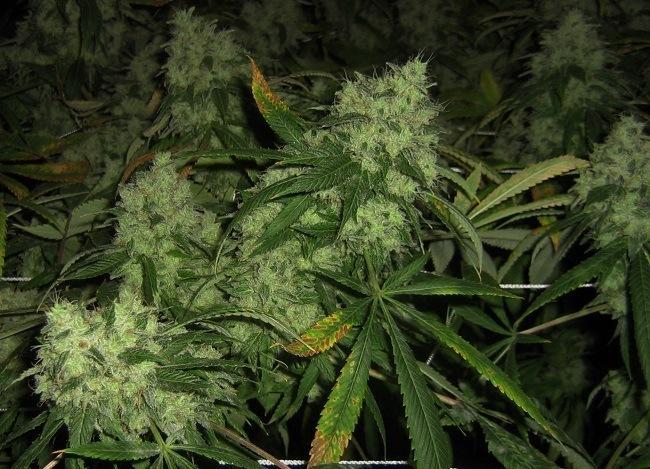Bruce Kennedy ~ WeedWorthy.com ~
With around four months to go ahead of the November elections, observers of America’s marijuana legalization movement are closely watching the legal and political maneuvering underway on both the state and national level.
Voters in about a half-dozen states are expected to decide on cannabis legalization measures this election; and several of those states might join Alaska, Oregon, Washington State and Colorado in allowing the legalization of recreational marijuana use for adults.
But despite the apparent momentum for marijuana legalization the regulatory landscape still remains quite unsettled, notes Sam Kamin, the Vicente Sederberg Professor of Marijuana Law and Policy at the University of Denver.
“It’s pretty easy to forget, especially if you live in Denver, that marijuana is still illegal under federal law,” says Kamin, who has also served on cannabis legalization panels in Colorado and California.
Given that 25 states and the District of Columbia already have legalized marijuana, either for all adults or specifically for medical patients, Kamin says there’s a “tension that hasn’t been resolved yet” regarding the federal government’s future stance on cannabis.
“We don’t know what will happen next,” he tells WeedWorthy. “We don’t know what the next president will do; so things are still relatively unsettled.”
In terms of which states might vote in favor of legalization this November, Kamin is looking primarily at California: currently one of the largest markets for legal medical cannabis and with the potential to become the nation’s largest recreational market. He’s also closely watching Nevada and Arizona in the West, as well as Maine and Massachusetts in the East.
Marijuana legalization, he notes, is still “largely a western phenomenon,” although states like New York and Illinois have set up their own, stringent rules regarding the use of medical marijuana. However, he says, “the more the movement impacts the Northeast and the South, the more it becomes a national phenomenon and not a regional one.”
Kamin also doubts whether there will be any substantial movement on the variety of cannabis legalization efforts currently languishing in Congress, including the CARERS Act. That measure would shield medical marijuana patients and doctors in states with existing medical cannabis programs from federal interventions. It would also make it easier for researchers to study marijuana for its medical uses.
But many lawmakers, he says, understand how the nation is warming to marijuana legalization, and as an example Kamin points to the Rohrabacher-Farr Amendment which became law last year. That law prevents the federal government from prosecuting medical marijuana patients or distributors who are in compliance with their states’ laws.
For the moment, Kamin says, “That’s sort of as far as the Congress has gone” when it comes to any major changes in cannabis legalization laws.
And as for this year’s presidential election, Kamin expects marijuana legalization to remain a side issue at best for the presumptive Republican and Democratic nominees. “I don’t think either Hillary or Trump will have much interest in using their political capital on marijuana law reform,” he adds.
So it might be a matter of waiting for the political dust to settle, following the November elections. But Kamin believes the legal cannabis movement is here to stay.
“The big question now is not whether prohibition goes away but what replaces it,” he says. “And that’s going to have big implications for medical access, for recreational access, for regulations on things like child protection. Those battles are going to get fought pretty soon; and doing (legalization) right is going to be the big thing.”





